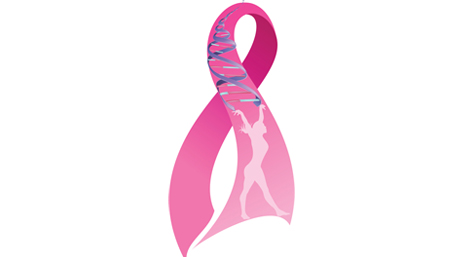
07/06/2020
Hot Topics of the Day are picked by experts to capture the latest information and publications on public health genomics and precision health for various diseases and health topics. Sources include published scientific literature, reviews, blogs and popular press articles.
Sign up MyPHGKB to receive the daily hot topic email alert.
Archived Hot Topics of the Day By Date
A New Generation of Fast Coronavirus Tests Is Coming
KJ Wu, NY Times, July 6, 2020
Rapid and Inexpensive Whole-Genome Sequencing of SARS-CoV-2 using 1200 bp Tiled Amplicons and Oxford Nanopore Rapid Barcoding
NE Freed et al, BIORXIV, July 5, 2020
Temporal detection and phylogenetic assessment of SARS-CoV-2 in municipal wastewater
A Nemudryi et al, MEDRXIV, July 5, 2020
An Automatic Computer-Based Method for Fast and Accurate Covid-19 Diagnosis
AAA Jim et al, MEDRXIV, July 5, 2020
SARS-CoV-2 Spike protein variant D614G increases infectivity and retains sensitivity to antibodies that target the receptor binding domain
L Yurkovetskiey et al, BIORXIV, July 4, 2020
Experts focus on ‘superspreaders’ to study virus transmission
PBS, July 5, 2020
Microbiome and health implications for ethnic minorities after enforced lifestyle changes
DM Keohane et al, Nature Medicine, July 6, 2020
https://www.nature.com/articles/s41591-020-0951-z
K Schultebrauks et al, Nature Medicine, July 6, 2020
Validation of the BOADICEA model and a 313-variant polygenic risk score for breast cancer risk prediction in a Dutch prospective cohort
MM Lakerman et al, Genetics in Medicine, July 6, 2020
Teaching clinicians practical genomic medicine: 7 years’ experience in a tertiary care center
RM Cohen et al, Genetics in Medicine, July 6, 2020
Improved structural variant interpretation for hereditary cancer susceptibility using long-read sequencing
ML Thibodeau et al, Genetics in Medicine, June 6, 2020
Disclaimer: Articles listed in Hot Topics of the Day are selected by Public Health Genomics Branch to provide current awareness of the scientific literature and news. Inclusion in the update does not necessarily represent the views of the Centers for Disease Control and Prevention nor does it imply endorsement of the article's methods or findings. CDC and DHHS assume no responsibility for the factual accuracy of the items presented. The selection, omission, or content of items does not imply any endorsement or other position taken by CDC or DHHS. Opinion, findings and conclusions expressed by the original authors of items included in the Clips, or persons quoted therein, are strictly their own and are in no way meant to represent the opinion or views of CDC or DHHS. References to publications, news sources, and non-CDC Websites are provided solely for informational purposes and do not imply endorsement by CDC or DHHS.
- Page last reviewed:Feb 1, 2024
- Page last updated:Apr 25, 2024
- Content source:







